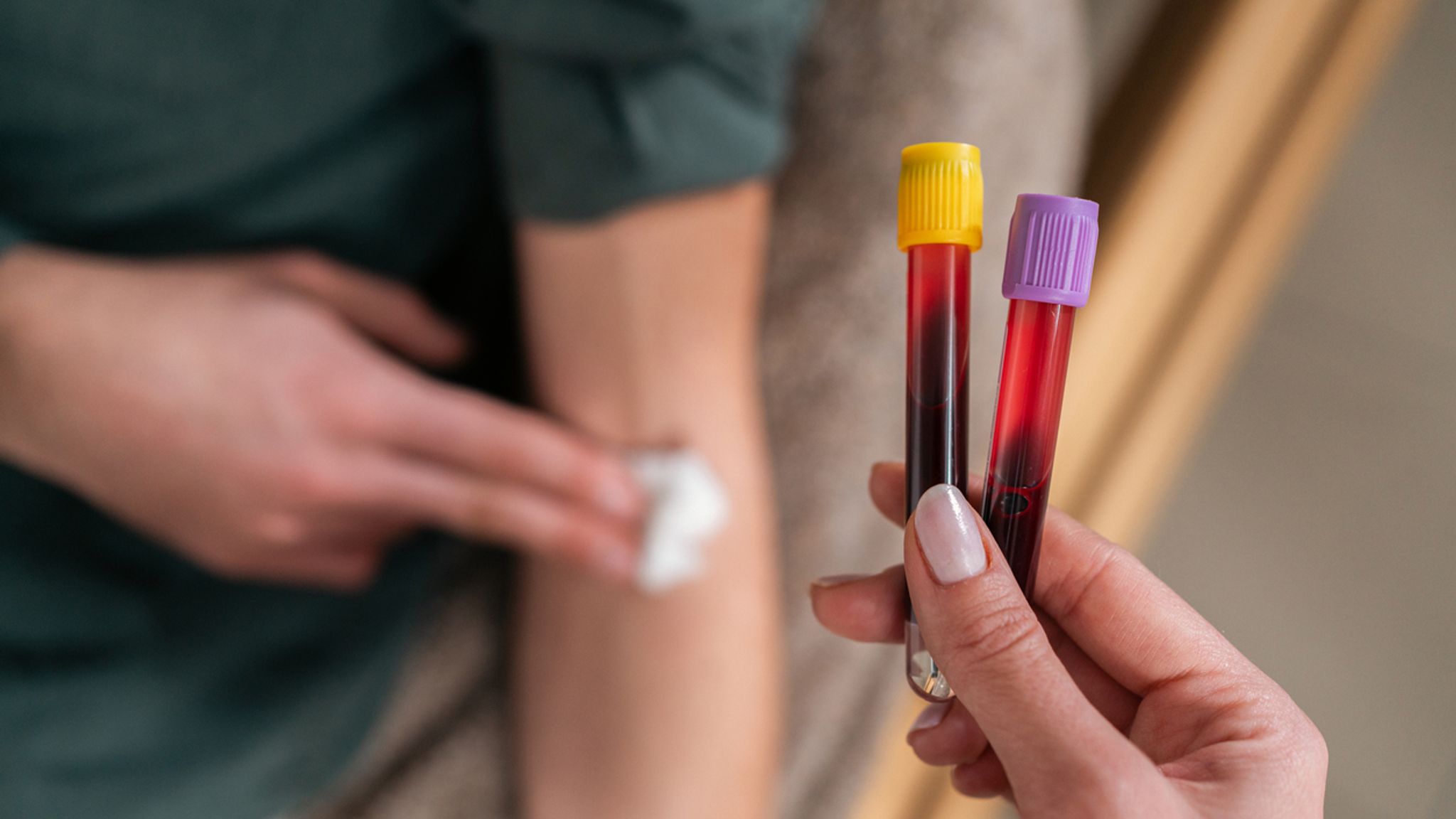A Breakthrough in Early Cancer Detection
A revolutionary advancement in oncology is reshaping the future of diagnostics: a blood test capable of identifying over 50 types of cancer from a single sample. This innovation, developed by Grail, detects fragments of tumor DNA circulating in the bloodstream. These are known as cell-free DNA. For patients and healthcare systems worldwide, the implications are transformative. This is especially true for cancers that currently lack standardized screening methods.
In large-scale trials conducted across the U.S. and Canada, involving more than 25,000 participants, the test achieved early-stage detection in more than half of the identified cancer cases. The ability to detect cancers such as pancreatic, liver, ovariany bladder cancer is crucial. These are often discovered too late for effective treatment. This could significantly improve survival rates. According to the National Cancer Institute, early detection increases the probability of successful treatment by up to 80% for several cancer types.
Dr. Nima Nabavizadeh, lead researcher and professor at Oregon Health & Science University, described the study’s results as “a fundamental shift” in cancer screening strategy. It offers the potential to identify malignancies long before symptoms appear.
How the Galleri Test Works
The Galleri test operates by detecting specific methylation patterns on DNA fragments released into the bloodstream by cancer cells. These chemical markers allow researchers to determine not only whether cancer is present but also where in the body it originated. Trials revealed that the test correctly identified the cancer’s tissue of origin in 90% of confirmed cases. This demonstrated a precision that could complement and enhance existing screening programs for breast, lung, bowel, and cervical cancers.
When combined with traditional screening programs supported by the World Health Organization, the overall detection rate of cancers increased seven-fold. Importantly, 99% of participants who tested negative were confirmed not to have cancer. This shows exceptional reliability and minimizes false positives, which is a key concern in mass-screening technologies.
Beyond diagnostics, the test’s scalability represents a major step toward personalized medicine. Patients could one day undergo routine blood tests not only to detect existing cancers but also to monitor treatment progress. It could also help identify recurrences at molecular levels. The U.S. Food and Drug Administration is currently reviewing further trials to determine regulatory pathways for broader adoption.
Implications for Global Healthcare Systems
Experts believe that if validated through long-term studies, the Galleri blood test could be integrated into national screening programs. It could potentially save millions of lives by detecting cancers earlier, when treatment is most effective and less costly. However, as noted by independent researchers, further data will be needed to prove a measurable reduction in cancer mortality.
A large-scale trial involving 140,000 patients in England is underway. Results are expected next year. If successful, the program could expand to include over one million participants. This would make it one of the largest population-based cancer studies in history.
This breakthrough comes at a crucial time when healthcare systems are under pressure. They aim to improve diagnostic speed, reduce costs, and provide equitable access to lifesaving technology. The integration of liquid biopsy tests like Galleri into public health infrastructures could revolutionize cancer screening. It could also usher in a new era of preventive healthcare focused on precision and accessibility.
In essence, this blood test represents one of the most promising steps forward in modern medicine — bridging early detection, innovation, and hope in the global fight against cancer.



